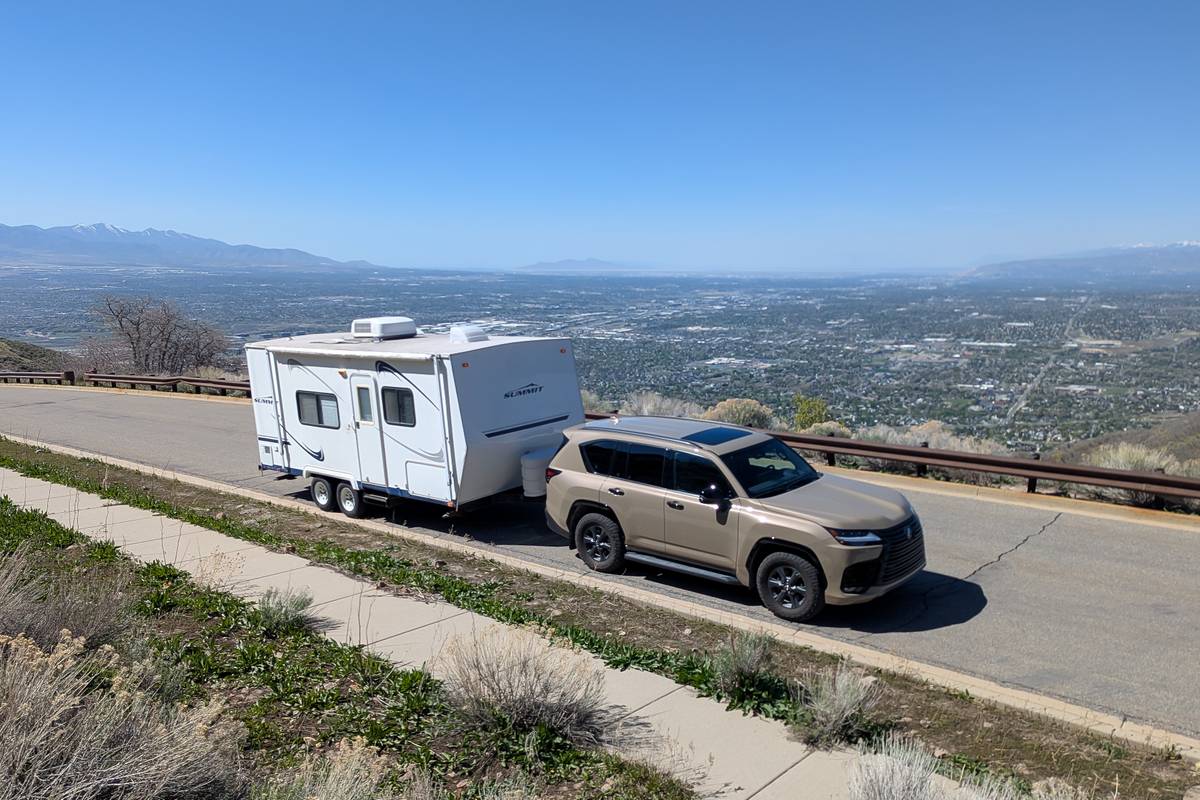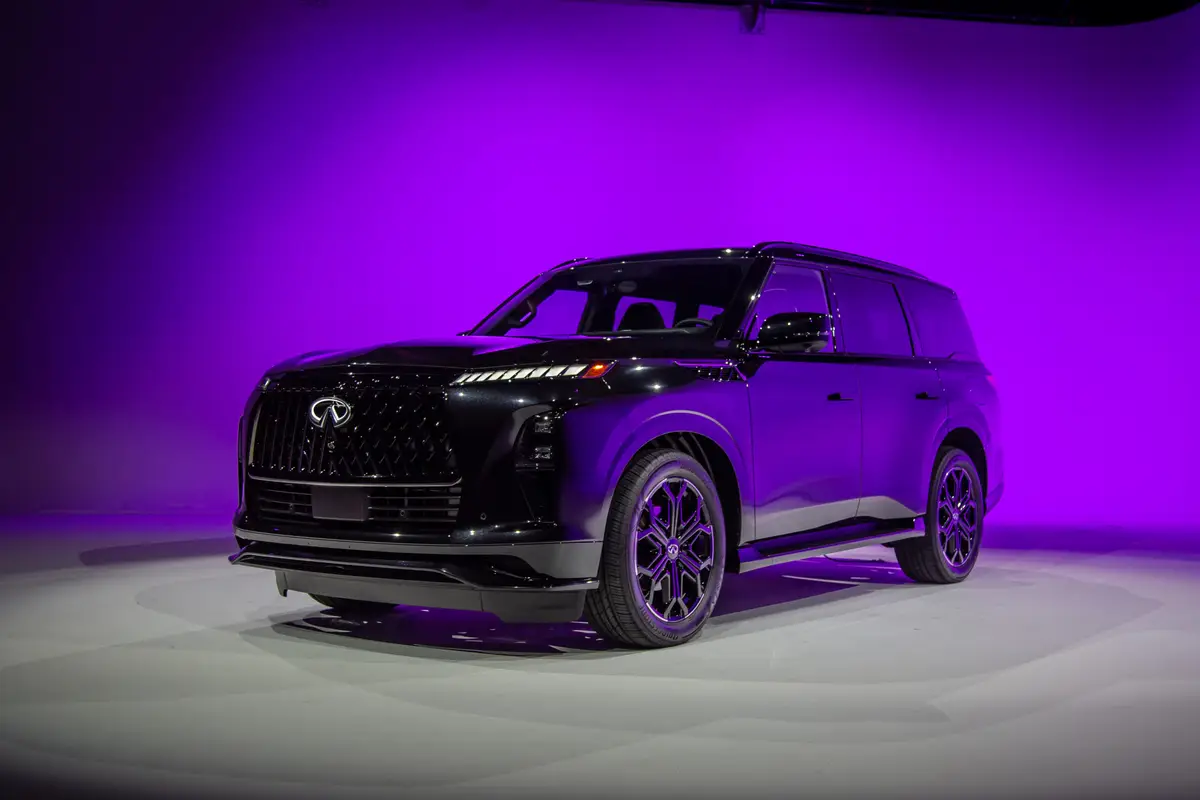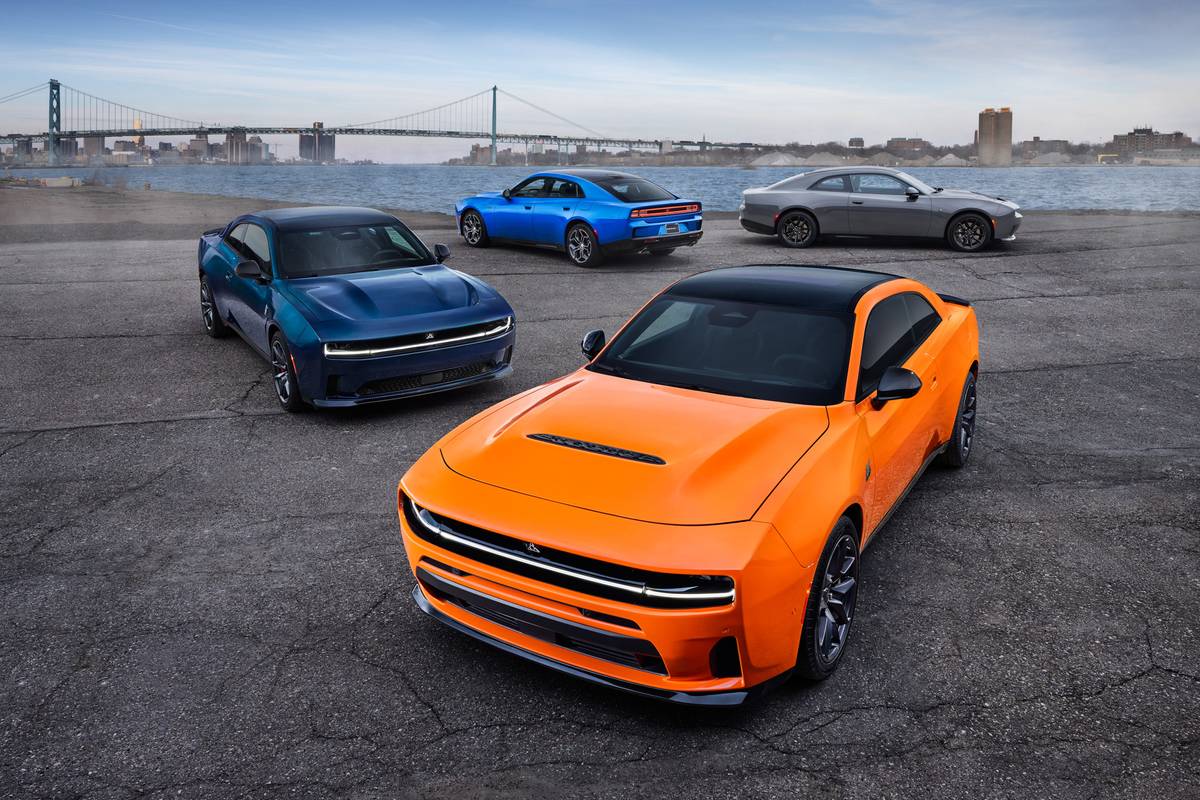Benefits of Buying a New Car

CARS.COM — New car buying is a major investment, but its advantages can make it a sound one. Used cars have some inherent drawbacks that you’ll need to consider.
Related: How to Use New-Car Incentives, Rebates and Finance Deals
Freedom of Choice
When you buy a new car or truck, you’re the boss. You can consider a wide variety of vehicles in the size and price class you want. You can test-drive them all. You can select your favorite color. You can equip it with whatever features you need and want. You can choose between leather and cloth upholstery. You can upgrade the audio system. You can add high-tech gizmos such as a communication, entertainment or navigation system.
If you don’t find what you want in a showroom, on a dealer’s lot or online, a dealer can special-order a new car to your precise specifications. Before you order a vehicle, ask the dealer to search available databases to see if the car you want already exists in another dealer’s inventory. Dealers frequently trade vehicles to satisfy a customer and a dealer will often outright buy the vehicle from another dealer to make a customer happy.
If a dealership search comes up empty and you have to special-order the vehicle, be aware that this will take time and could cost you more than buying a vehicle directly off the lot. Because a dealer is more motivated to sell the cars already sitting on their lot, you will have lost a negotiating tool. Additionally, your special order likely won’t be eligible for rebates, low-interest financing or other incentives. Perks are hefty these days and can run up to around $5,000. Advertised specials typically cover only the vehicles in dealer stock. If you want a popular model, be prepared to wait. Cars in high demand fly off lots as quickly as they arrive and a dealer may even have a list of customers waiting for the arrival of a popular vehicle. Get in line.
If you want to special-order, you’ll likely be limited to domestic manufacturers. Import manufacturers generally don’t make special ordering widely available, if at all, because of the long pipeline to assembly plants overseas.
Popularity and Strong Resale Values
Depreciation is usually a reason to buy used instead of new, but vehicles in high demand will have a higher value. For instance, new vehicles that sell for more than the dealer’s list price suggest stronger resale values and less depreciation. Certain brands depreciate at a lower rate and have stronger resale values because of their quality and reliability records.
While depreciation may not matter initially to you, it will have an impact when it comes time to trade in your vehicle, so it’s worth considering when you buy a new car.
Better Finance Rates
While a used car may initially cost less than a new one, the interest rate you pay likely will be higher. To begin with, you wouldn’t get the low-interest financing or cash rebate that usually is offered as an incentive to new-car buyers. Furthermore, financial institutions generally charge a higher rate of interest on loans for used cars — usually a full percentage point or two. However, some of the automakers’ certified pre-owned programs offer discount financing.
Available Features
When you buy a used car, you get the state of the art — of the year of the used car. Every model year, manufacturers add and adopt technologies and features to vehicles, either as standard or optional equipment, as a way to lure buyers to new cars. Those technologies may be safety breakthroughs or they may just be convenience gadgets. The only way to get the most advanced technology and the latest convenience features is with a new vehicle. Automotive electronics are evolving so rapidly that unless you buy a new car, your vehicle’s technology is already outdated.
Used Up
Finally, some 1- and 2-year-old used cars at dealerships are former rental cars. Rental cars generally get considerable use and abuse in a short time, so they may not be good choices because of their mileage or warranty. Some leased vehicles may offer a better alternative. Leasing companies carefully inspect the vehicles before they put them up for sale. People who lease are charged for all necessary repairs. This policy encourages people who lease vehicles to take care of them. As a result, though, this option includes warranty considerations that you’ll need to look into.
Cars.com’s Editorial department is your source for automotive news and reviews. In line with Cars.com’s long-standing ethics policy, editors and reviewers don’t accept gifts or free trips from automakers. The Editorial department is independent of Cars.com’s advertising, sales and sponsored content departments.
Featured stories



